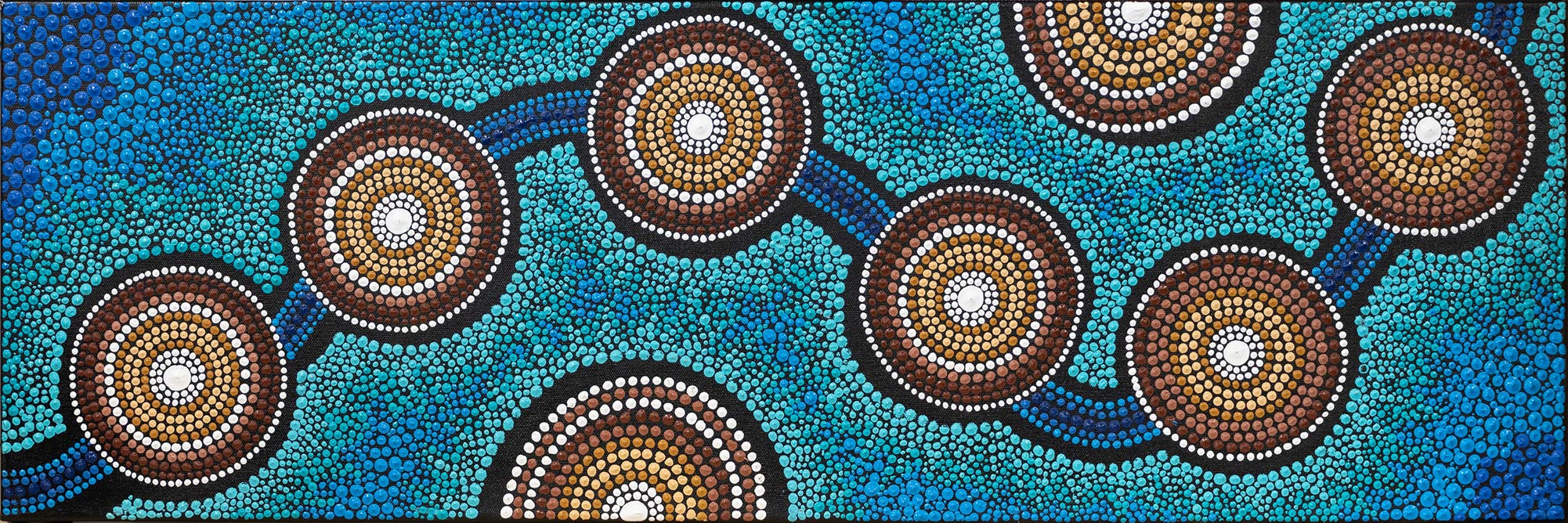Sexual Health
Sexual health is a broad concept that comprises many elements. The World Health Organization defines it as ‘a state of physical, emotional, mental and social well-being in relation to sexuality; it is not merely the absence of disease, dysfunction or infirmity. Sexual health requires a positive and respectful approach to sexuality and sexual relationships, as well as the possibility of having pleasurable and safe sexual experiences, free of coercion, discrimination and violence. For sexual health to be attained and maintained, the sexual rights of all persons must be respected, protected and fulfilled.’ [41205]
Sexual health is about people looking after their bodies and health and not just for people engaged in sexual activities or who have a sexually transmitted infection (STI) [23836]. It is about using their knowledge and skills to make healthy choices with the capacity to enjoy and have control of sexual behaviour built on personal and social values [17046]. Also, to not be afraid, and to be free of shame, guilt and abuse which can affect self-esteem and harm individuals and relationships.
A person’s state of sexual health depends on many factors including:
- their view on sexual expression
- the attitudes of their peers and society on sexual expression
- the circumstances of the sexual relationships they may be involved in
- their present physical and mental wellbeing
- their wish (or not) to have children.
Sexual health may include:
- pregnancy and childbirth
- STIs
- blood-borne infections
- risky behaviours, for example, alcohol and drug use.
Sexual health is lifelong, not only in the reproductive years but for both the young and elderly [41237].
For Aboriginal and Torres Strait Islander people it is important to understand culture, traditions, customs and history and how these influence their sexual health [26356]. Careful thought must be given to the physical, spiritual, cultural, emotional and social wellbeing, the capacity of the community and governance when providing sexual health services for Aboriginal and Torres Strait Islander people. In some Aboriginal and Torres Strait Islander communities it is taboo for men and women to talk about sexual behaviour with each other.
Prevention programmes for sexual health in Aboriginal and Torres Strait Islander communities need to consider [17046]:
- early detection
- standard clinical treatment pathways for STIs and blood-borne infections
- access to services that are culturally sensitive, safe and effective
- health promotion
- workforce development [41231].
It is also important that programmes are accessible to Aboriginal and Torres Strait Islander people, for example, within the prison system, injecting drug users, adolescents, gay men, the heterosexual community, lesbians and those living with STIs and blood-borne infections [17046].
Changing the focus of sexual health research with Aboriginal and Torres Strait Islander communities towards decolonising and community-led situations enhances the possibility for improvements in sexual health outcomes for communities. The participation of Elders and community members enables the collection of deeper, richer data about sexual health that ensures cultural safety and allows a voice for community [39829].






